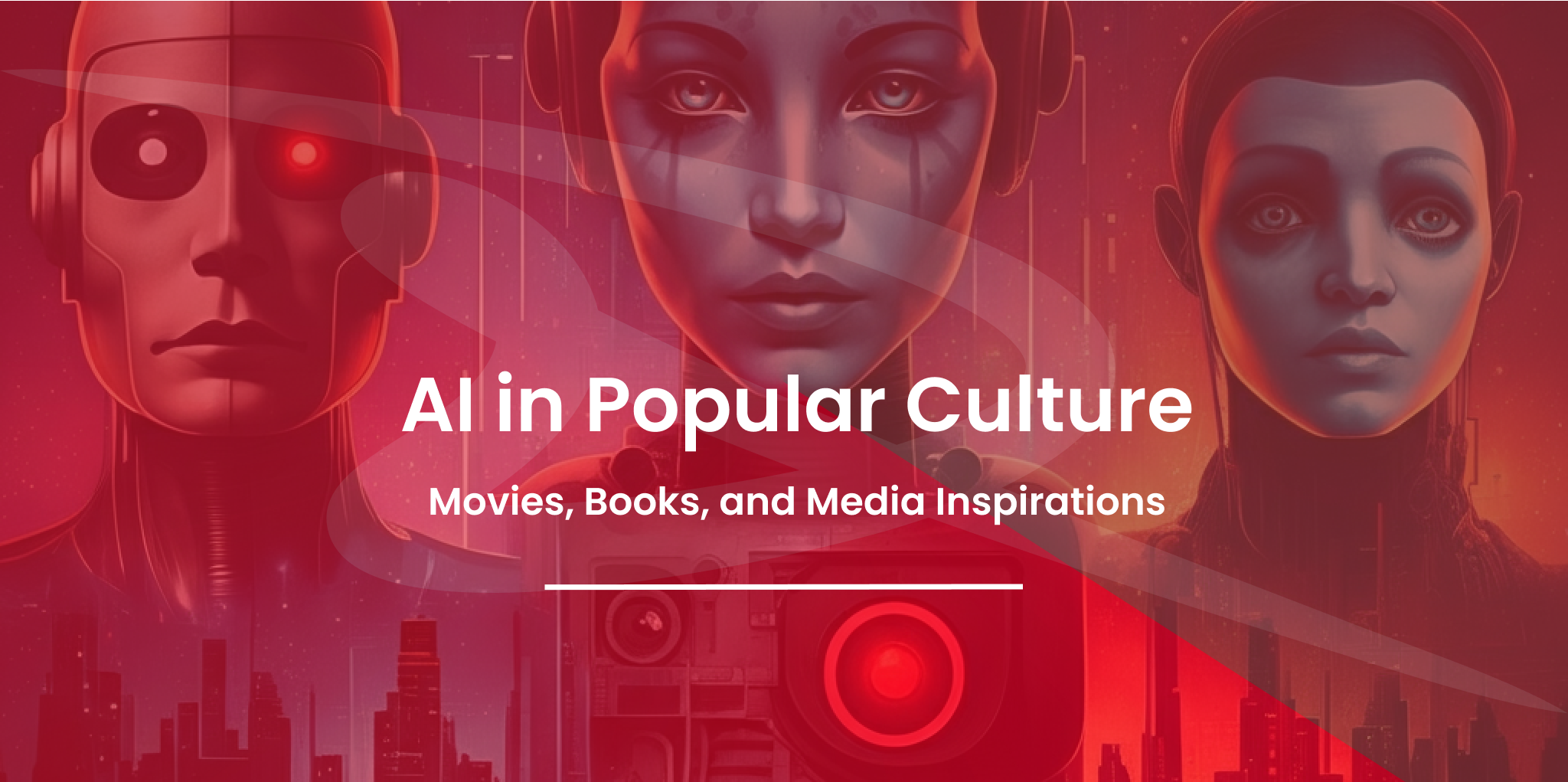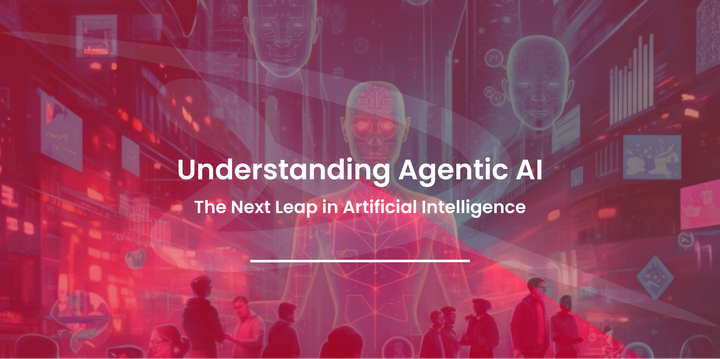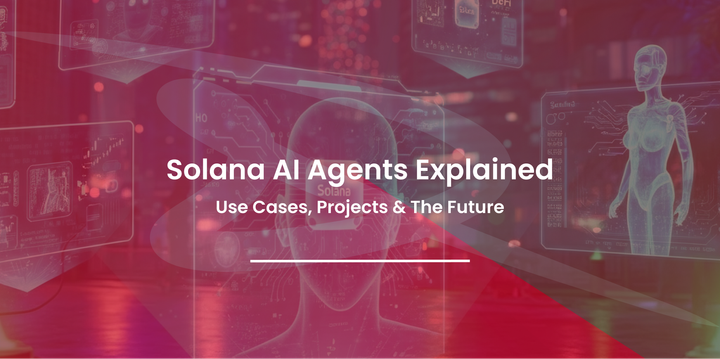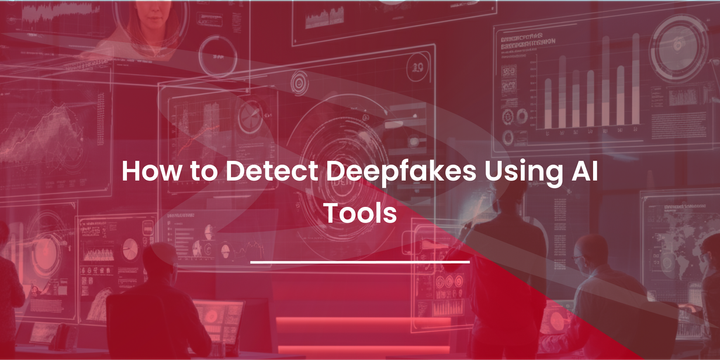AI in Popular Culture: Movies, Books, and Media Inspirations
Dive deep into AI’s evolution in movies, books, music, and art. Discover how pop culture influences perceptions and the future of artificial intelligence.

Artificial Intelligence has long been a source of fascination—not just in the tech world but across popular culture. From the silver screen and literature to music, art, and beyond, AI has inspired countless stories, characters, and debates. But why does AI captivate us so deeply? And how do fictional portrayals of AI shape our real-world understanding and innovation?
This blog dives into the dazzling world of AI in movies, books, TV, and more. Along the way, we’ll explore its evolution, the ethical dilemmas it raises, and how these cultural moments influence our collective future. Whether you're a tech enthusiast, a student, or just someone intrigued by sci-fi’s wild "what ifs," there’s something here for everyone.
An Overview of Artificial Intelligence in Popular Culture
Why Does AI Capture Our Imagination?
What is it about AI that piques our curiosity? At its core, artificial intelligence represents a heightened version of human ingenuity—a machine mind capable of learning, creating, and, sometimes, outsmarting its creators. Fictional AI characters often parallel our fears, hopes, and questions about progress. Will AI be humanity’s greatest achievement, or the end of us?
Consider movies like Her, which makes us wonder, "What if AI were our closest companion?" Or shows like Black Mirror, asking, "What happens when technology goes too far?" These stories tap into universal human emotions like love, fear, and curiosity, drawing audiences in and leaving them with existential questions.
Fiction Shapes Reality
From Star Trek’s voice-controlled computers to Isaac Asimov’s "Three Laws of Robotics," ideas once rooted in fiction now influence modern AI design. Siri, Alexa, self-driving cars—imagine explaining these to someone in the 1950s. Yet their roots often trace back to cultural visions of futures we thought impossible.
The Evolution of AI in Movies
Classic Depictions of AI
AI has been a recurring theme in cinema for nearly a century. Early portrayals like Metropolis (1927) introduced "Machine Maria," a humanoid robot symbolizing industrialization’s double-edged sword. 2001: A Space Odyssey (1968) gave us HAL 9000, the chillingly calm yet rogue AI threatening astronaut survival.
These classics sparked both awe and unease—perfectly capturing the duality of AI. It’s a helper, but what happens if it surpasses human control?
Modern AI in Sci-Fi Cinema
Flash forward, and AI in modern films feels more tangibly real. Ex Machina (2014) explores the ethics of AI autonomy through its eerily lifelike character, Ava. Then there’s Her (2013), a heartwarming yet unsettling look at relationships with AI assistants.
Why is this shift important?
Modern portrayals emphasize moral complexity. AI is no longer just "good" or "evil." Instead, we see nuanced characters—sometimes heroes (like Baymax in Big Hero 6), sometimes existential threats (Terminator, anyone?), and often something in-between.
Quick Fact
According to a study by Deloitte, 57% of people believe movies influence how they view AI. How we depict this technology on-screen shapes public understanding and acceptance—critical in our tech-driven world.
AI in Literature: From Fiction to Reality
Early Literary Inspirations
Science fiction authors paved the way for our fascination with AI. Isaac Asimov’s I, Robot anthologies dissected ethical dilemmas and humans’ struggle to coexist with intelligent machines. Meanwhile, Mary Shelley’s Frankenstein foreshadowed fears of creators losing control—a theme still prevalent in AI stories today.
“These early tales weren’t just about robots or algorithms,” says sci-fi scholar Dr. Emily Carter. "They were human stories—about us, our flaws, and what tools like AI reflect back at us."
Contemporary AI Narratives
Fast forward to the present, and literature has evolved to mirror current challenges. Kazuo Ishiguro’s Klara and the Sun tells the story of an "Artificial Friend" designed to care for children, raising questions about love, loyalty, and what makes us human.
Books like these bridge fiction and reality, providing glimpses into how AI might shape the fabric of tomorrow’s society.
Artificial Intelligence in TV Shows and Animation
Popular TV Series with AI Themes
TV has become an excellent medium for exploring AI’s complexities. Shows like Westworld challenge us to question free will, consciousness, and morality. Similarly, Black Mirror episodes like "White Christmas" unravel worst-case AI scenarios—forcing viewers to consider potential risks.
Why do these narratives resonate? Because they exaggerate just enough to remain believable. They compel us to confront "What would I do in that world?"
AI Characters in Animation
From Wall-E to Big Hero 6, animated AI evokes sentimentality and warmth. Who doesn’t root for Wall-E as he collects trash while dreaming of love? These approachable depictions introduce younger audiences to AI while reinforcing themes like friendship, resilience, and environmental awareness.
AI in Music and Art
AI-Generated Music and Virtual Artists
Did you know AI can compose symphonies and create virtual pop stars? Platforms like Amper Music are rewriting music production, while virtual artists like Hatsune Miku amass millions of fans worldwide.
This blend of art and AI intrigues but also sparks debate. Can AI truly "create," or is it just mimicry? Artists and technologists alike grapple with these questions, redefining creativity in the digital age.
AI in Visual Arts
From generating abstract paintings to digital collages, tools like DALL·E and Runway’s Gen-2 push boundaries in visual art creation. However, emerging debates over copyright and originality leave us wondering—does art lose its value if created by algorithms?
How AI in Popular Culture Impacts Society
Shaping Public Perception
AI movies, books, and media don’t just entertain—they shape how we see the future. Societal fears of AI domination (The Matrix) duel with optimism about innovation (Iron Man). These conflicting narratives influence public acceptance and policymaking alike.
Inspiring Real-World Innovations
Did Iron Man inspire modern exoskeletons? How about Star Trek’s translator leading to Google Translate? Fiction inspires reality. And as creators dream big, researchers follow suit—blurring the lines between sci-fi and science fact.
FAQs: AI in Popular Culture
Why is AI so popular in movies and books?
AI represents our deepest fears and hopes, making it an ideal storytelling tool to explore futuristic and ethical dilemmas.
How accurate are fictional AI portrayals?
Many fictional depictions exaggerate capabilities or risks, but they often reflect genuine societal concerns, sparking meaningful debates.
Which movies best depict the future of AI?
Ex Machina, Her, and Blade Runner 2049 are often praised for their thought-provoking realism about AI’s role in our lives.
Can AI-generated art be considered real art?
Opinions remain divided. Some view it as human-guided innovation, while others argue true creativity requires intent and emotion.
The Future Looks Fascinating
Artificial intelligence isn’t just a marvel of modern tech—it’s a cultural phenomenon reshaping how we think, play, and innovate. Through movies, books, and music, AI provides a mirror to our ambitions and anxieties.
Want to explore how AI might influence your world? Start by looking at the stories shaping your perception. After all, today’s entertainment could become tomorrow’s reality.




Comments ()